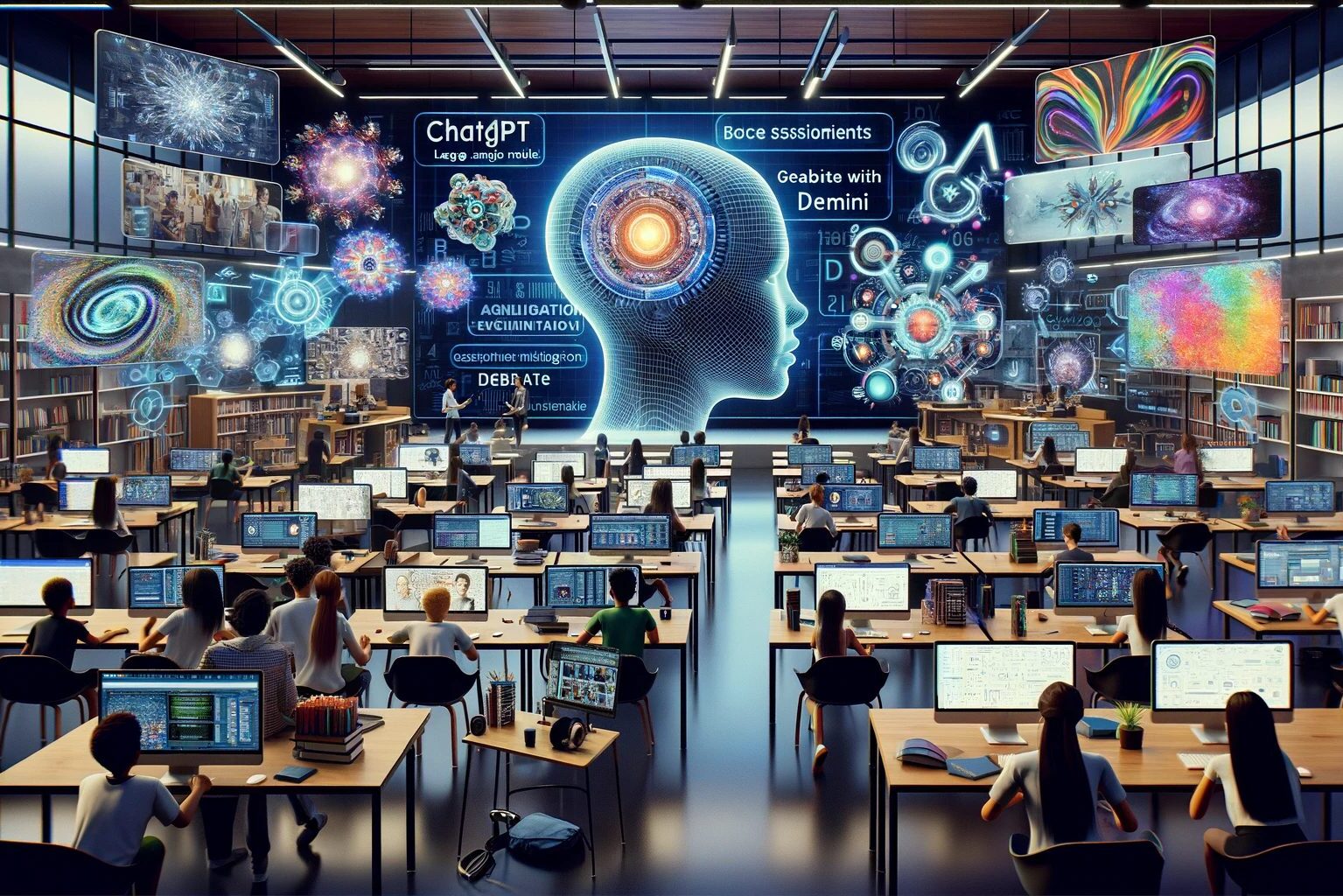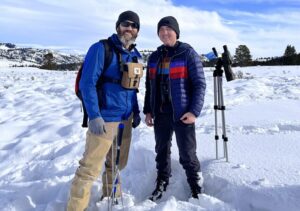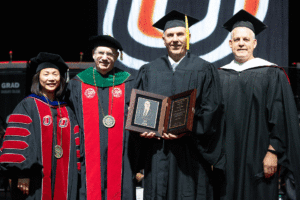by Victor Winter, Ph.D., UNO Professor of Computer Science
Our society is currently undergoing a historic transformation due to Generative AI, which includes Large Language Models (LLMs) like ChatGPT and Gemini and art generators like Midjourney and DALLE. This technology is incredibly versatile, extremely capable and evolving at an astonishing rate.
Incorporating Generative AI into modern organizations is no longer optional. In an analysis published by the International Monetary Fund (IMF) in January 2024, they predict that 60% of all jobs in advanced economies will be impacted by AI. Furthermore, predictions of the size and scope of the impact on the jobs market are increasing as the capabilities of LLMs increase.
Education is one of the areas most significantly impacted by Generative AI. ChatGPT 4 has expert and near-expert level abilities in virtually all subjects taught across K16. Gemini Ultra has expert-level capabilities. As for the capabilities of ChatGPT 5, which is expected to be released later this year…the world is holding its breath.
The ever-increasing capabilities of LLMs create enormous opportunities for students who want to learn, but also for those who are not so interested in learning, which is a challenge for educators. Regardless of mindset, the younger generation is learning how to work with LLMs to solve the problems that are put before them, and it is up to educators to give students the “right” problems to solve.
From an educational standpoint, working with an LLM should make an individual more capable over time. Properly engaging with this technology should also serve as a force multiplier of one’s abilities. Educators must re-imagine education and integrate LLMs into their curriculums to achieve these goals.
To leverage LLMs in an educational setting, assignments will need to fundamentally change and become more interactive. Students could be required to submit a dialog (e.g., a debate) with an LLM instead of a monolog on a particular topic (e.g., an essay or a report). Structured concept explorations can also enable customized, virtual experiential learning using LLMs. This will prepare students for the job markets of the future, where these skills will be required.
Starting in the 2024 academic year, the Computer Science Department at the University of Nebraska at Omaha will offer an introductory course on Generative AI. This sophomore-level AI course will be part of a new bachelor’s degree in AI that the Computer Department developed in the Fall of 2023. The new program is currently working its way up the administrative approval ladder.
Also, UNO’s Computer Science Department and its Division of Innovative and Learning-Centric Initiatives are developing a series of microcredential courses for professionals. The first course in this series should be available in the summer or early fall of 2024.
To take a deeper look at the current and developing trends of AI, visit IS&T’s Labs and Centers website and Frontiers of Tech YouTube channel.




